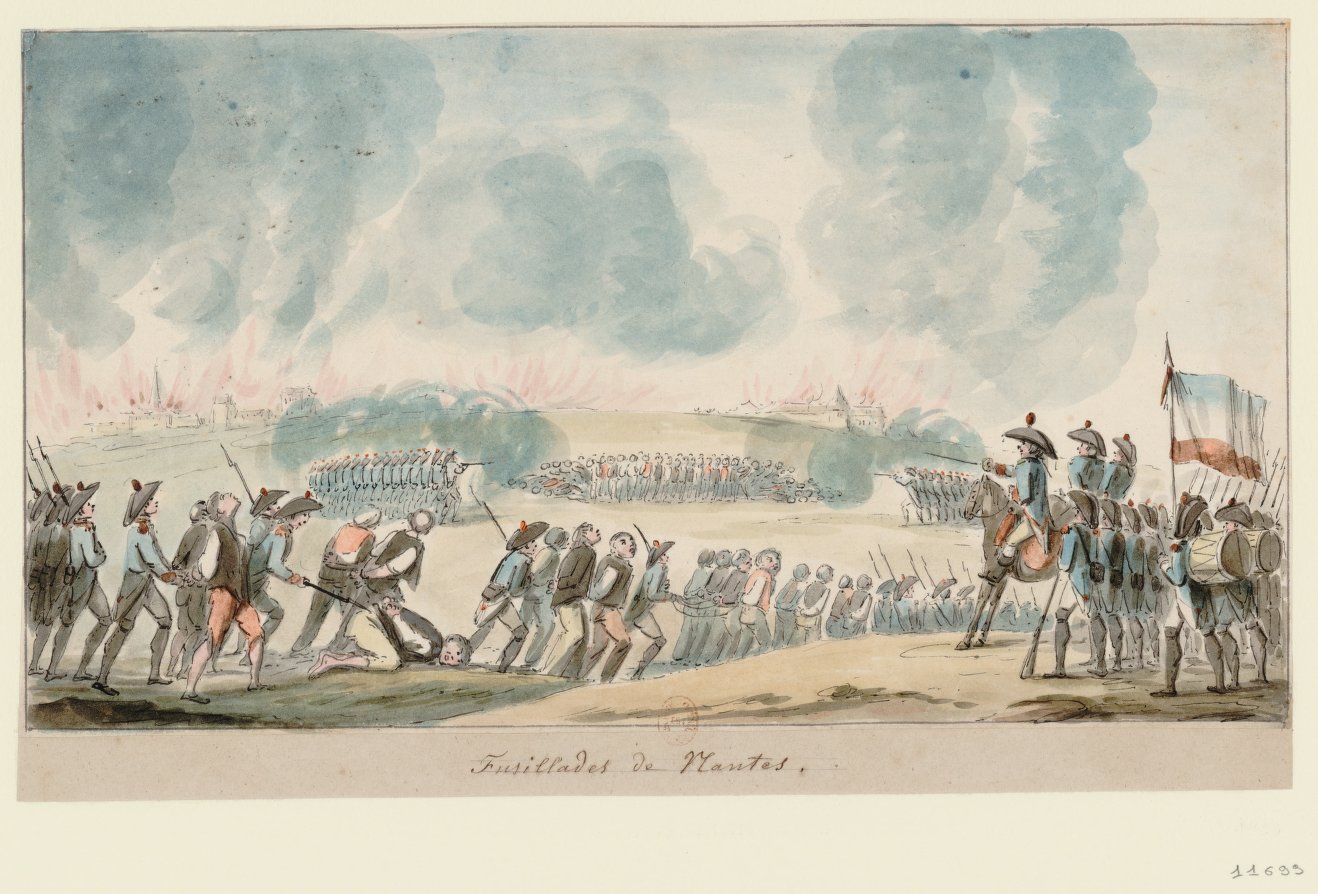
ISIS has clandestinely expanded its court system in Lebanon, which begs the question: is the Islamic State really a state? Relatedly, how does ISIS view sovereignty? Reporting from areas ISIS has recently lost, Mike Giglio investigates the mass graves the group has left behind. Finally, Daveed Gartenstein-Ross takes a close look at how many fighters ISIS likely has, concluding the true number is much higher than the average estimate.
Does aid fuel violence? If so, in what situations?
Obama’s comparison of the Crusades to violent Islamic fundamentalism prompted some criticism. Ta-Nehisi Coates, however, writes that if one delves into the histories of America and Christianity, it is more than fair to draw the connection.
Technology that uses satellite imagery for humanitarian purposes has created new possibilities and challenges for human rights advocates. One recent case in which satellite imagery was used is Nigeria, which has had a tough week. Violence in the country’s northeast has spiked ahead of postponed elections, and Boko Haram is expanding across the border into Niger.
Fighting has also intensified in Eastern Ukraine, and the situation on the ground for civilians is increasingly grim. The escalation has accelerated calls for the US to arm Ukraine, but Daniel Larison argues in The American Conservative that the argument for arms transfers lacks substance.
Huge street protests are taking place in Burma over a new education law. Also in Burma, a similarly controversial law gives many Rohingya the ability to vote, if not citizenship.
Sudan’s opposition is largely boycotting upcoming elections, but this strategy seems sure to backfire. In the country’s Nuba Mountains, much of the population has abandoned their homes due to constant aerial bombardment. In addition to its many internal conflicts, Sudan is also a major player in Africa’s arms industry.
In Yemen, a 13-year-old who had spoken to the Guardian previously about his fear of drones was himself killed in a U.S. drone attack.
Following East Timor’s independence from Indonesia, the UN helped build a Timorese intelligence agency, but weren’t able to build in any oversight mechanisms. Things went downhill from there, but Scott Gilmore should be credited with admitting his mistake.







